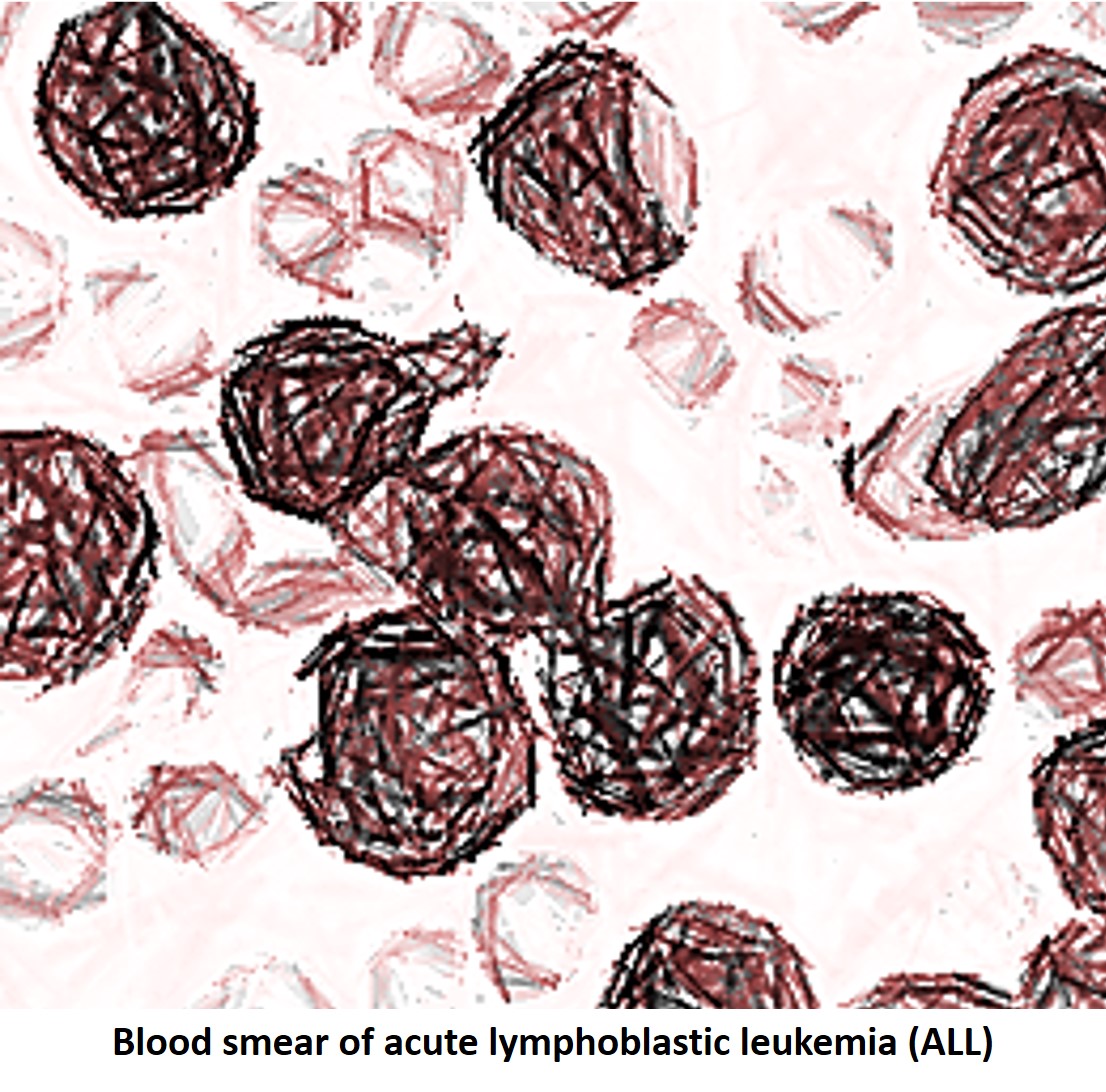Activating point mutations in ErbB/Her2 receptor tyrosine kinases have an infamous role in promoting oncogenesis across several different cancers, including breast and lung. Heterodimer activation of the ErbB2/ErbB3 oncogenic unit induces cancer cell proliferation via PI3K/AKT signaling pathways. However, its role in leukemogenesis is still largely unknown. Clinical Proteomic Tumor Analysis Consortium (CPTAC) investigators at Oregon Health & Science University in Portland, Oregon recently performed deep sequencing on primary tumor samples from patients with a wide range of hematologic malignancies and discovered oncogenic point mutations in the ErbB2 receptor gene in a small subset of leukemia patients.
In this exploratory study, a cohort of  leukemia patients with cancer subtypes including acute myeloid leukemia (AML), acute lymphoid leukemia (ALL), and myeloproliferative neoplasms (MPN), were examined. Three ErbB2 mutations emerged – R188C, P489L, and L1157R -- one of which has been previously reported in patients with breast and lung squamous cell carcinoma.
leukemia patients with cancer subtypes including acute myeloid leukemia (AML), acute lymphoid leukemia (ALL), and myeloproliferative neoplasms (MPN), were examined. Three ErbB2 mutations emerged – R188C, P489L, and L1157R -- one of which has been previously reported in patients with breast and lung squamous cell carcinoma.
Using a combination of patient derived tissue and ErbB2 mutant transformed Ba/F3 cell lines, researchers demonstrated the affect of these mutations on the induction of ErbB2 receptor hyperactivation. Authors hypothesize that due to their location, these mutations may play an important role in creating a continuous ‘on position’ in the receptor by creating new disulfide bonds or by destabilizing the ‘off position’ of the receptor, both resulting in these cells being pushed into overdrive, leading to oncogenic transformation within the marrow cells and helping drive the underlying leukemia. Drug sensitivity studies showed little-to-no response from reversible ErbB inhibitors but testing of irreversible ErbB inhibitors and trastuzumab demonstrated successful attenuation of cellular proliferation and induced apoptosis in mutated cells.
These new findings expand our knowledge of the role ErbB2 mutations and their contributions in different cancer types and proposes drug therapeutics for treatment. CPTAC investigators are currently untangling whether these mutations drive leukemia or mediate secondary resistance. This study was supported in part by the NCI CPTAC program (5U01CA214116).

